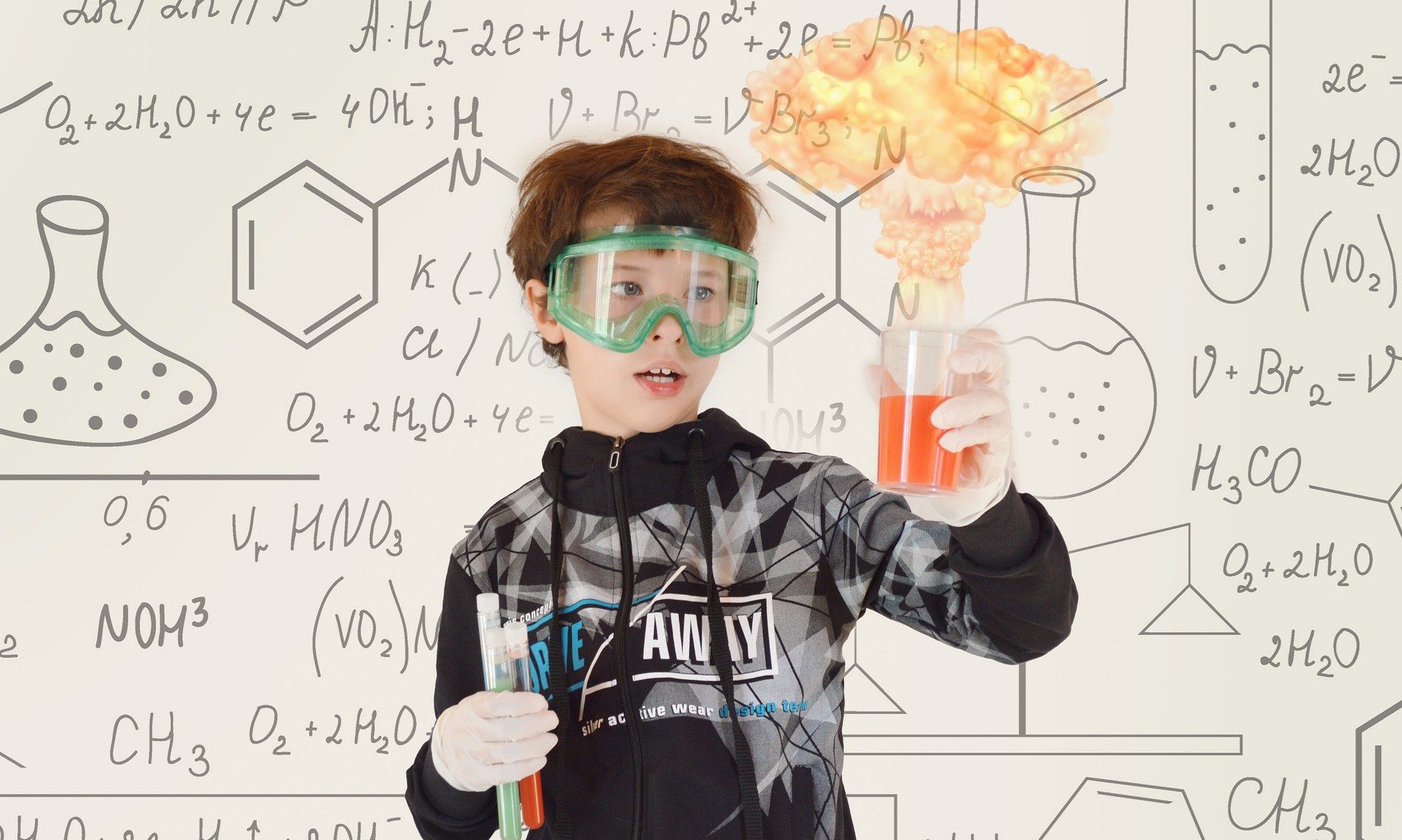COUPLING EDUCATION FOR SUSTAINABLE DEVELOPMENT AND STEM EDUCATION
The Education for Sustainable Development and STEM Education are two major priorities for the EU.
As climate change, overpopulation, and inequalities begin to take their toll on our planet and on global human development, the Education for Sustainable Development (ESD) emerged as a response in order to change attitudes and behaviours and mobilize people around the objective of Sustainability.
On the Other hand, Science, Technology, Engineering and Mathematics (STEM) Education is key for an increasingly complex knowledge-based society. “Knowledge of and about science are integral to preparing our population to be actively engaged and responsible citizens, creative and innovative, able to work collaboratively and fully aware of and conversant with the complex challenges facing society” (Science Education for Responsible Citizenship, EC, 2015).
Both Sustainable Development (SD) and STEM should be addressed from an early age. At school, children must be motivated to learn maths and science and to imagine working in these fields, and to learn about sustainability and develop attitudes and behaviours that are in line with the UN’s SD Goals.
THE CLASSROOM CHALLENGE
The dominant approach to STEM Education and Education for Sustainable Development in schools is still teacher-driven. This in part is responsible for the students’ lack of interest in pursuing STEM studies and careers and for not exploring to a greater length the genuine interest of children in SD topics.
In this context, education of STEM and Sustainable topics must take on new models with a higher prevalence of experiential learning and that can bring together schools and other actors in the local community.
The project MiniOpenLabs proposes to set-up and test a different methodology with a higher prevalence of experiential learning and relying on the collaboration between science and technology organisations, enterprises and civil society, to ensure relevant and meaningful engagement of all societal actors with science and increase the uptake of science studies, citizen science initiatives and science-based careers, employability and competitiveness.
TRANSNATIONALITY
The project implementation benefits from a transnational approach to reach a wider European impact. Involving countries with different practices in STEM and SD Education.
OBJECTIVES
The main goal of the project is to set-up and test an open community and hands-on approach to Sustainable Development and STEM Education of children (6-12 years old), comprising:
MiniOpenLabs: the MiniOpenLabs are small laboratories, open to the local community, where children, under the guidance of teachers or other educators (including parents), may engage in STEM-based projects on sustainable development.
Activity Book: this Book will contain a set of STEM-based projects on sustainable development that may be carried out in the MiniOpenLabs.
Workshops: includes creating guidelines and running different events to capacitate teachers on the MiniOpenLabs approach and to involve the local community on STEM education activities.


